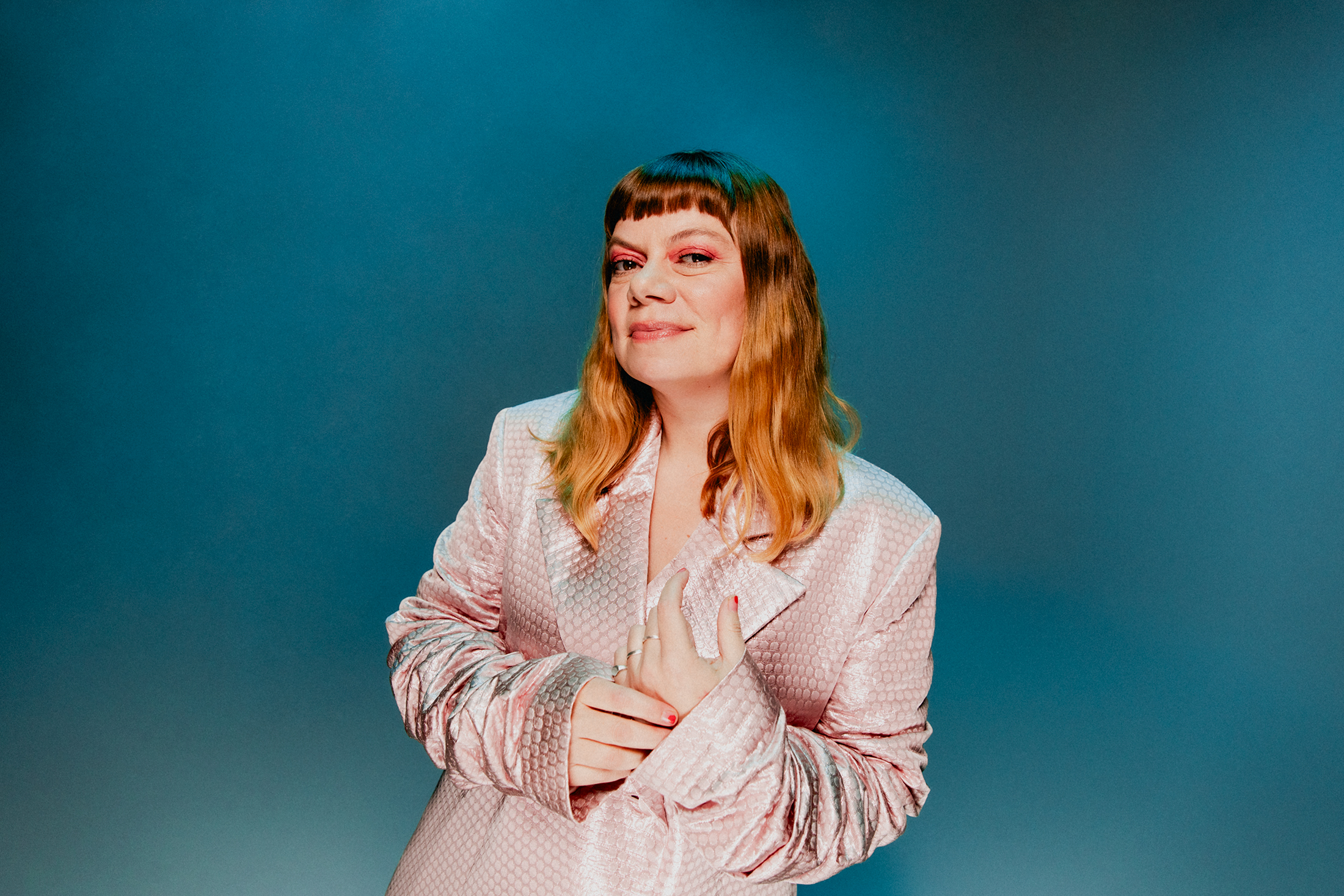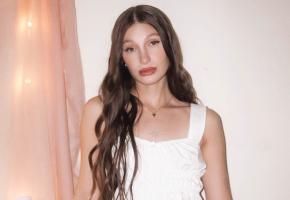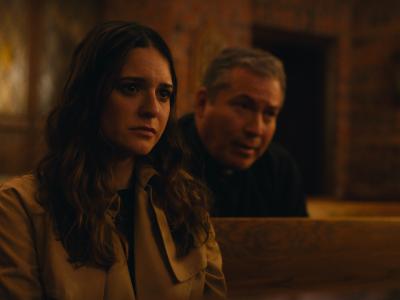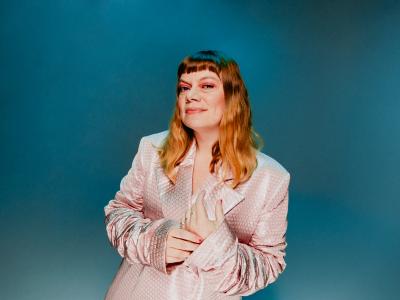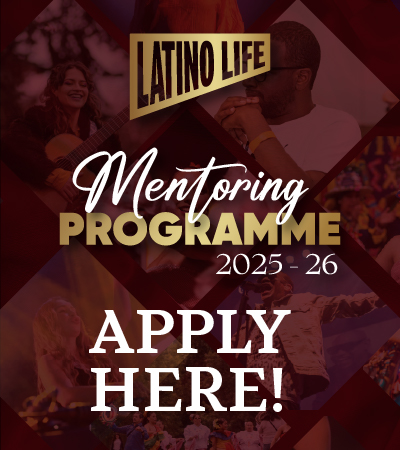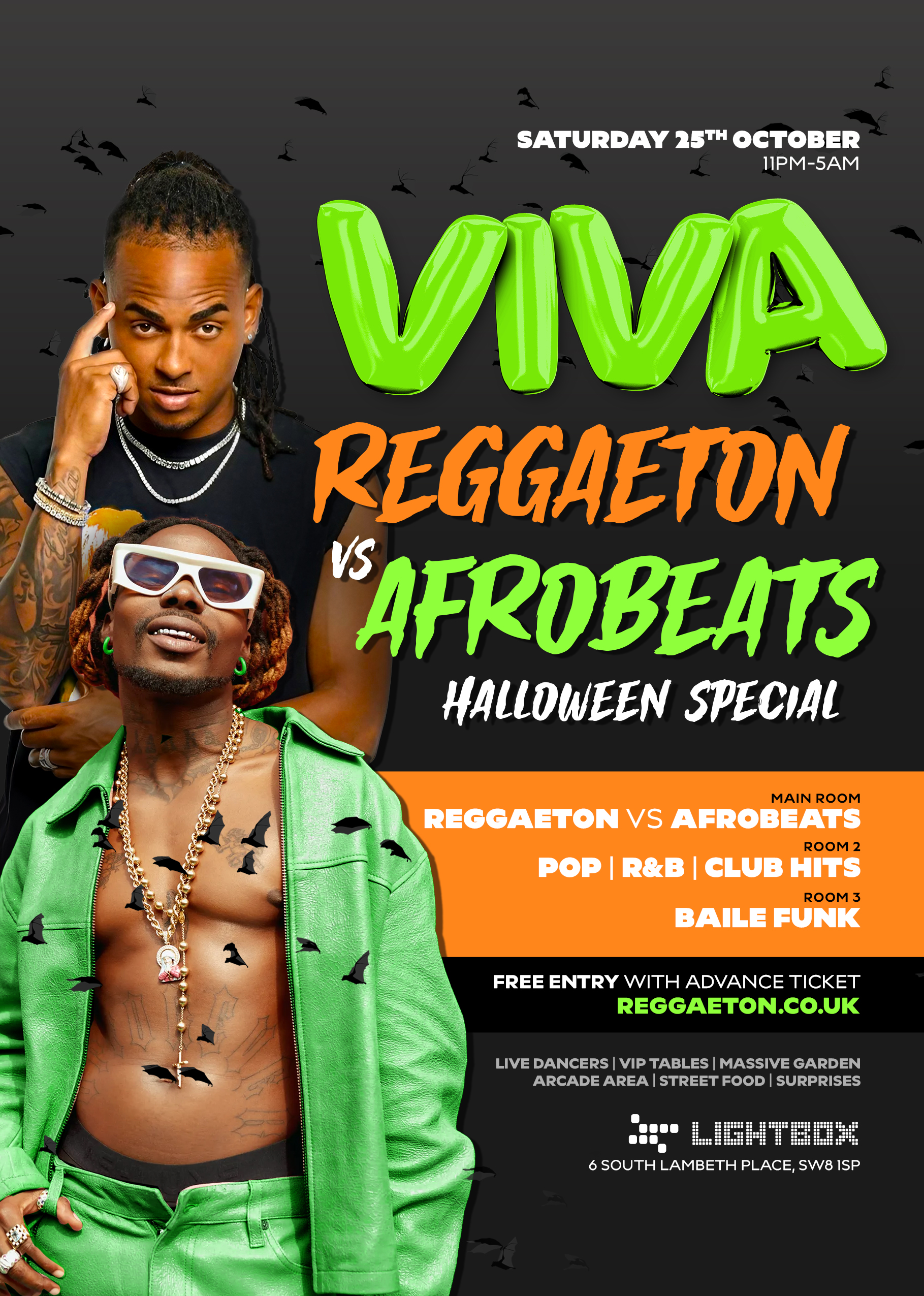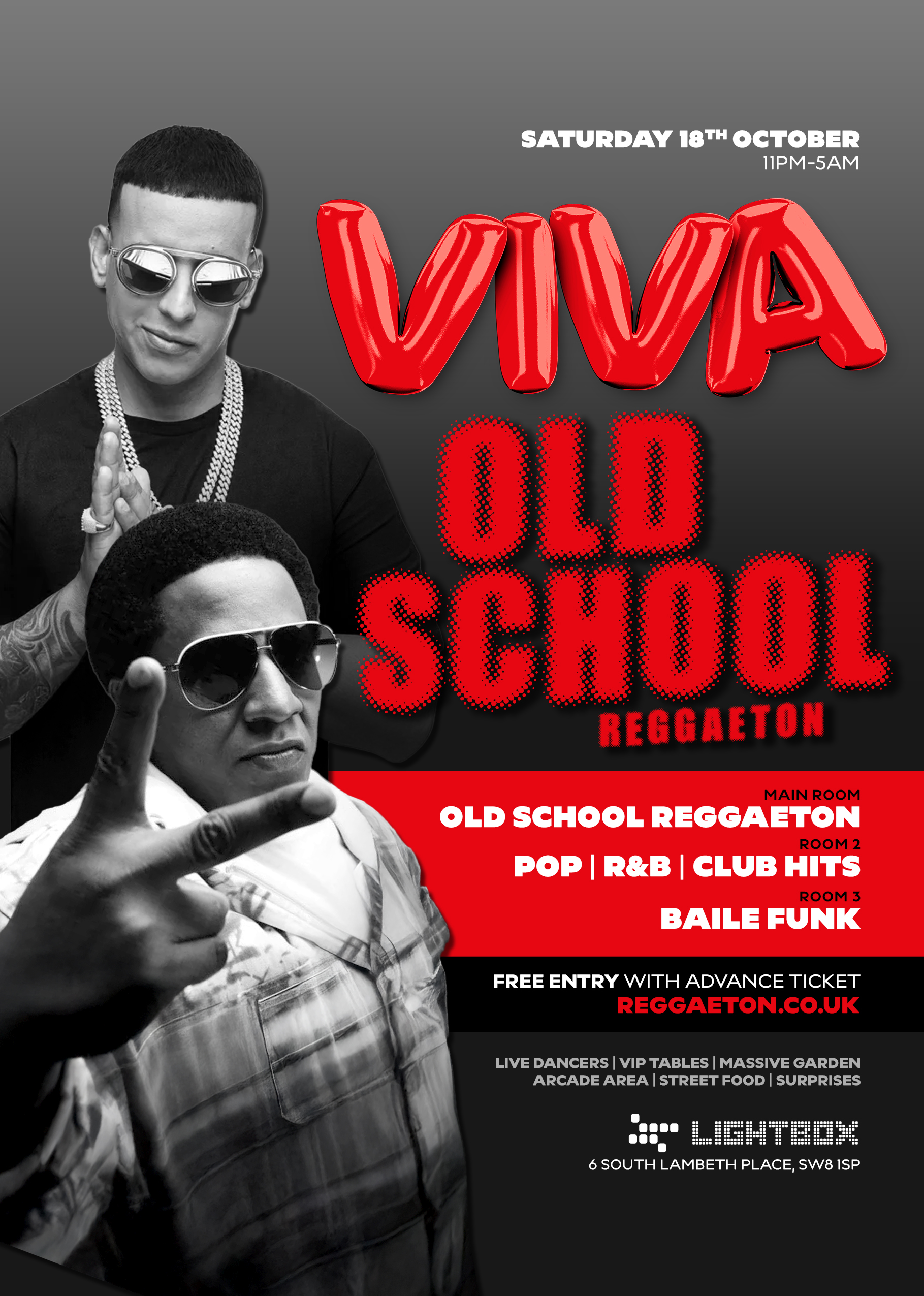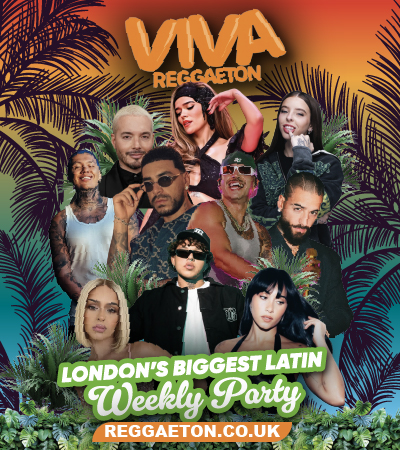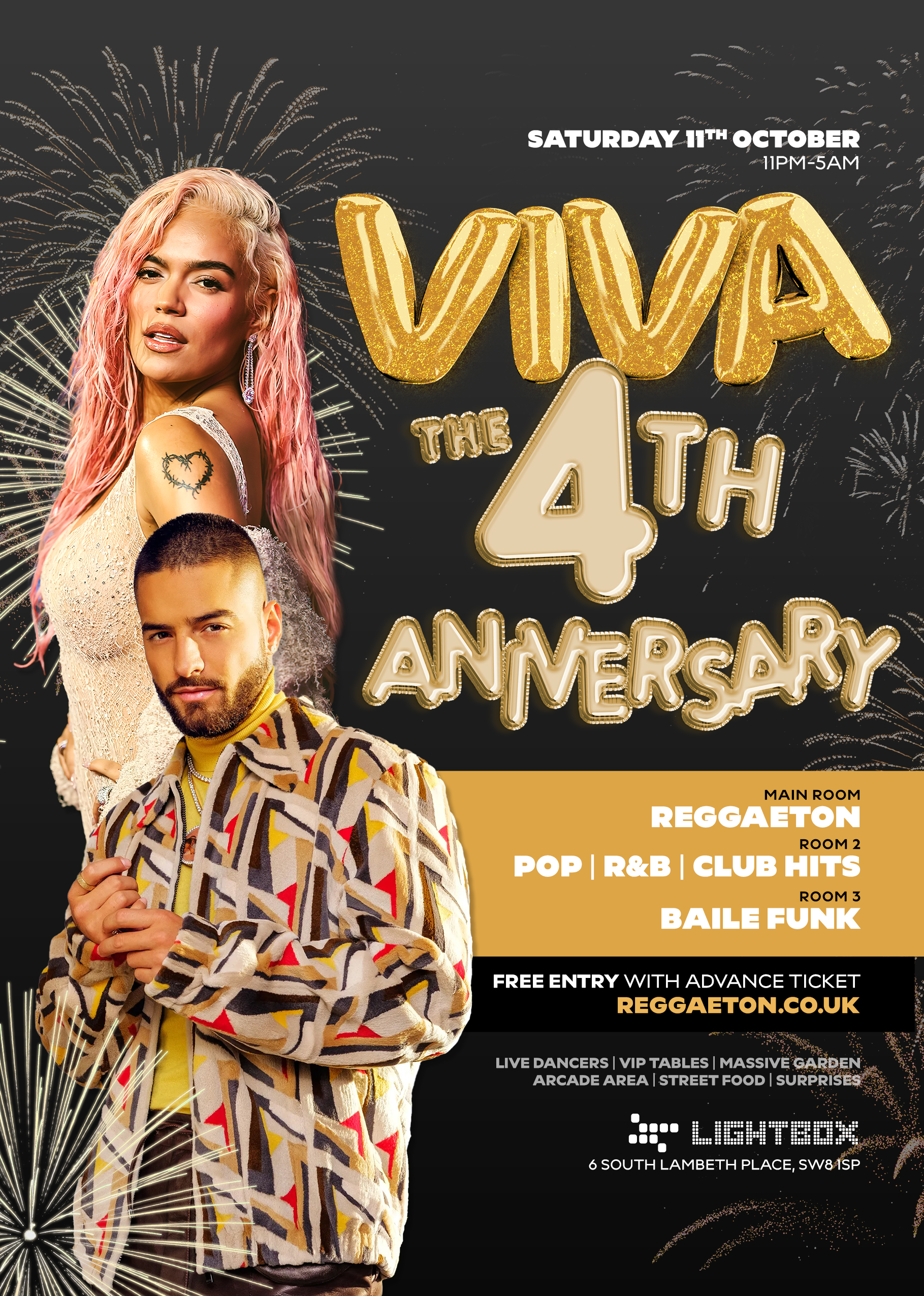You were born when Hip-hop was just starting in Portugal, how did you get involved?
My first contact with the hip-hop culture was because of graffiti. There was no internet then, so we had to go and meet other people with the same interest. I started to go to hip-hop parties in a little bar in Porto called ComiX, and met other people who liked rap, music, graffiti, breakdance, DJ-ing, etc. I started to listen to my fellow hip-hop artists in Porto, the first rap bands in town.
I liked what they were doing and started to understand that I could do the same. And I got this sense of identification because when I was a child at home, I used to listen to the revolutionary songwriters in Portugal like José Afonso that put words above everything else, that privileged the message and used music as a tool to transform the world. In rap music, I saw the same logic, the same feeling, to put music in service of our causes.
I started writing rap lyrics. I always liked to write, so it was a way to canalise my love for words and for writing and rhymes.
You have also written lyrics in faster genres, and you collaborated with Aldina Duarte last year. How do these other genres fit into your musical expression?
I like to write lyrics for other artists a lot. It allows me to express myself in the voices and in the genres of others. And especially this work I did for Aldina was very important because it was the first time that I wrote an entire album for another artist. And Aldina taught me a lot about the rules of writing in traditional Fado. I learned a lot about the heritage of Fado and how it renews itself generation after generation.
It was an honour for me to be part of the ancestral chain that builds Fado culture every day. And I think that there are lots of similarities between rap and Fado.
Rappers and Fadistas don't just sing or speak; they spit with all their will and intention the words in the lyrics. And Fado is an urban genre, known for documenting what's happening in the streets.
It also started also in a marginalised context, and it is very important in reporting what is happening in everyday life in Portugal since it started. So it's very close to what we do in rap music.
And Fado has some instrumental standards that continue through generations while the lyrics are renewed as society changes. And that's very interesting because in rap music we also have classic beats which all the skilled MCs want to rhyme on, and each MC does their own thing in the same beat. It has a lot of similarities to old-school hip-hop.
Fado began as a music of the dispossessed, but it became very conservative. Artists like Fado Bicha struggle to be appreciated.
It has some conservative guardians, like a temple, and there are some purists. But I don't think it's more conservative than a lot of other genres.
Fado Bicha and other Queer artists have a lot of struggles penetrating the Portuguese music market, in Fado as well as in other genres. But I think that with time and with the struggle and with the activism of talented and brave people like Fado Bicha, things are changing. There are a lot of new generation Fado artists who are not so conservative and are experimenting with new aesthetics and doing collaborations with other artists outside of Fado, outside the tribe.
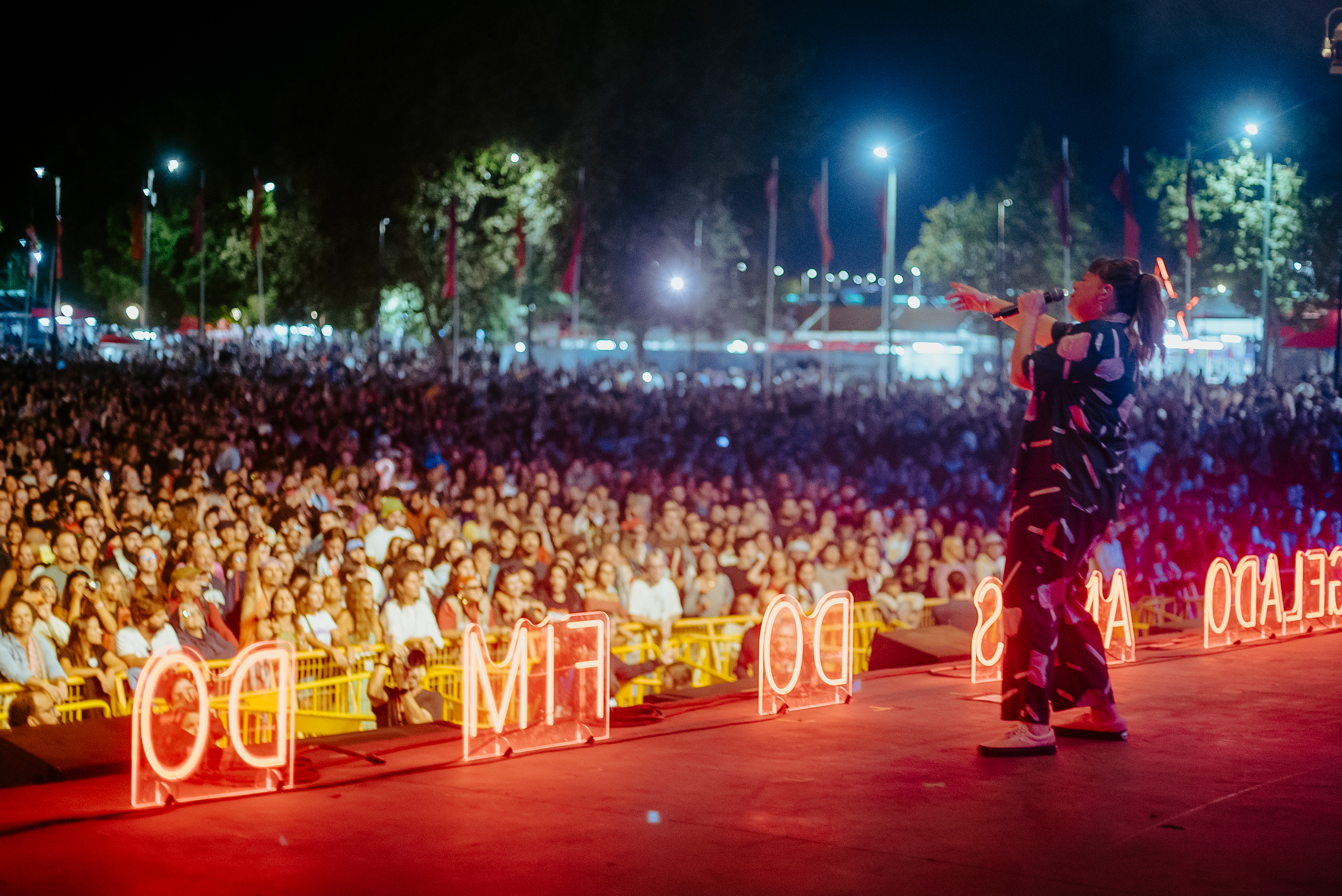 And I think that women now in Fado are leaders of their own careers, not like in the past where they were the stars, but the editors, the writers, the composers, the managers, everybody else was a man. Today, women are revolutionising the old logic by taking control of their own careers and writing their lyrics and composing their songs more and more each day. And I think that women and the Queer community are going to slowly and by hard work, change not only Fado, but the Portuguese music scene that is as conservative in many ways as Fado.
And I think that women now in Fado are leaders of their own careers, not like in the past where they were the stars, but the editors, the writers, the composers, the managers, everybody else was a man. Today, women are revolutionising the old logic by taking control of their own careers and writing their lyrics and composing their songs more and more each day. And I think that women and the Queer community are going to slowly and by hard work, change not only Fado, but the Portuguese music scene that is as conservative in many ways as Fado.
You were born in Porto where the rap and hip-hop tradition is different from the kind of originating in the Margem Sul across the river from Lisbon which has featured in books and films.
In the Lisbon suburbs there was a presence of Afro descendants, Afro-Portuguese communities that you couldn't find in Porto in the ‘90s, the demographic urban scenario was very different.
The hip-hop culture and the rap scene that emerged from Porto was very different because of the absence of that Afro-Portuguese presence and the absence of subjects as racism, urban segregation, identity that were really important in rap lyrics those days in the beginning of the hip-hop scene in in Lisbon. In Porto, you had a more existentialist and philosophical rap about the identity of the youth that were trying to get a space and building an identity for itself in a very conservative town and documenting their daily life.
There were also poverty and marginalisation in social neighbourhoods in Porto and rappers talked about that. But the most important feature was documenting the daily life of the youth in the ‘90s in Porto and how they were trying to get a sense of community and of identity in a broader celebration of youth cultures and to invest free time in our talents like graffiti or breakdance or rap. For me, it was clear that young people were trying to build an identity for themselves in a time in a conservative city, when Portugal was changing very fast because of the European Union, Portugal joining the Euro, and the world was changing with the new century beginning with 9/11, the beginning of the internet, etc.
As a woman rapper in a mostly male and macho world, what problems have you had to face?
I think that the main obstacle is the fact that we women are not socialised to invest in our talents, to compete with men, to get over our imposter syndrome and reinforce our self-confidence. All of those aspects are essential to build a career in rap music that is a very competitive environment with hostile and in-your-face criticism. The first thing is to believe that you are capable and to make a stand in that context of a very competitive boy's club and say: “I'm here, this is my music and I'm here to show it”.
It's very difficult in the beginning to stand up to the culture and the pressures, and I had many obstacles along the way and until today.
I was lucky. I had some female friends that also were in rap with me, especially one of them, Marta, who was with me from the beginning. And with her and other girls’ company along the way, based in sisterhood and female solidarity, I was able to persist and build a long career.
The other thing that helped me was being politicised. I was a feminist already, so I had a historic and collective, political awareness that I would have to struggle to eliminate those obstacles, and that I had that responsibility, not only for myself, but for every woman that would want to do the same.
Rap lyrics and especially Trap are often portraying negative stereotypes of women that seem to go against the ethos of hip-hop as an expression of minority immigrant identity. Has this affected your rap style?
That's a very complex question because I think that not only Trap, but rap always had this tendency, rap and hip-hop culture was always a boy's club and one side of it is that it always performed a very competitive and proud masculinity. On the other had It's very celebratory of the pride of being from the black community and that is very empowering for Afro-Americans and other Afro communities around the globe. That pride, that joy of being on stage and achieving the ambition to rise up in life through music, that celebratory part was is very important for people that come from marginalised contexts and struggle to have a place at the table, and the microphone in their hand. But it also crystallised that masculinity that is very competitive and sometimes toxic and where the attitudes are sometimes very materialistic and very violent towards women.
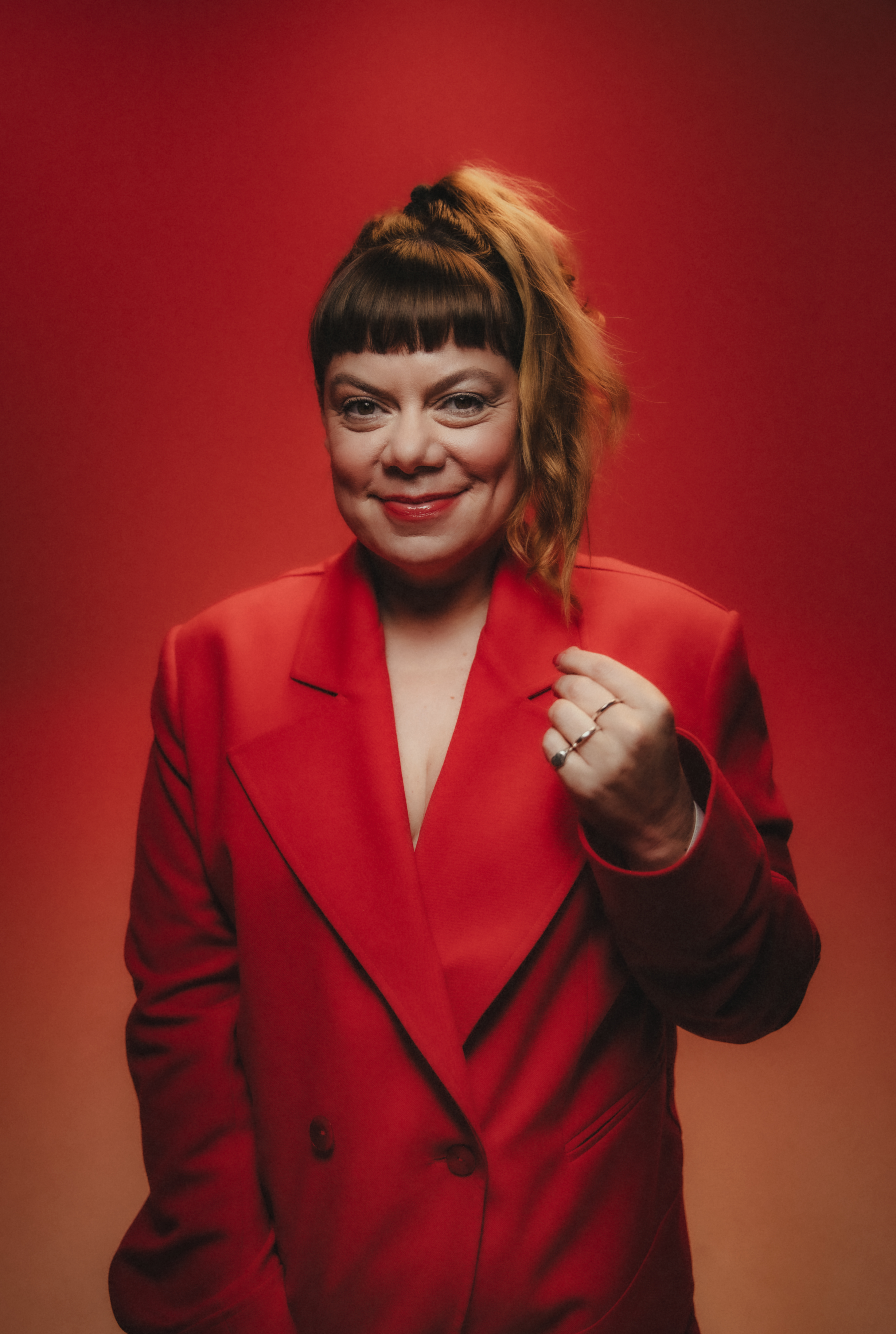 That's the dark side of that archetype of masculinity that was always present in the rap scene. It's not only misogynistic but also homophobic: you see it in improvisation rap; there are always punchlines that are homophobic and similar.
That's the dark side of that archetype of masculinity that was always present in the rap scene. It's not only misogynistic but also homophobic: you see it in improvisation rap; there are always punchlines that are homophobic and similar.
That's not Trap music or this generation's problem, it’s been a problem since day one. My response is first to fight for a spot at the table, do my feminist rap and also to learn the lesson of the African-American community which used rap as an emancipatory force and an opportunity to broadcast their discourses and their fight for justice and do it for women and for myself in my feminist way of living hip-hop culture.
Hip-hop has a counter-cultural root that I use in my feminist way, not accepting that the misogynistic tendency is the strongest one. The emancipatory is the really important force in hip-hop, so I try to use it as a feminist.
And the most feminist lesson I learned in life came from hip-hop and the African-American community, to be proud to be on stage unapologetically, struggling to take down all the obstacles and saying what I want without asking permission. They created that incredible technology that is hip-hop culture. And I take it to my own experience with the notion that I'm a privileged woman, so I have the mission to make space for other women whose life is more difficult than mine and to give back to hip-hop culture and try to transform it in a less misogynistic and sexist way.
One of the big issues is childcare, so if you're not earning a significant amount of money from rap, you still have to balance your budget,
Not just childcare, there are lots of factors conspiring against women in male-dominated genres, but rap is a boy's club. It's an environment where people are very in your face, where people give very hostile opinions about others’ work. It's a very competitive environment, and women are actually not very welcome. And when you get started as a female rapper and eventually get recognised by your talents and your efforts, you have to sustain a very difficult career, in the Portuguese scene at least, because the market and the genre are a small niche.
You have mainstream hip-hop and mainstream music in Portugal, but working in an alternative niche area, it's difficult to earn enough money to sustain your career, and to sustain the time you need to professionalise yourself.
When you have kids, you need another job to earn money to keep hip-hop as your side job. If you have a boyfriend or husband who doesn’t emotionally support your musical ambition, but on the contrary, starts undermining your confidence or your ambition, it’s even more difficult.
A lot of women give up and interrupt their path and the final thing that kills your ambition is when you have kids and have to spend so much time earning money to support them that your energy is drained.
I think it's a structural problem, that's not exclusive to hip-hop, but in the hip-hop scene, you are playing for an audience of young men who don’t identify with mothers and women over 30, because they are all between 15 and 25. They have the Peter Pan syndrome, they will pretend to be kids forever as the oldest male rappers do. They still talk about the same subjects, dress the same way, have the same lifestyle. But for women it’s different and either you have another source of income or you need a more diversified public to rely on, outside of the hip-hop tribe.
Isn’t there more female solidarity now, Jamal are an all-women rap group.
I started in a female group, and we’ve always had female solidarity. But today we are more politicised and there is more collective awareness of the historical and social dynamics that work against us.
In Portugal there have been female groups and women doing concerts together or mixtapes or all kinds of collective events that were made by women to support each other and give more visibility to female rap.
You also published a book of bedtime stories for your son? Do you see any problems with childrens’ literature?
I wanted to diversify my writing. I have a column in a daily newspaper, the Jornal de Noticias every Tuesday. I write lyrics for other artists, I run creative writing courses, and I do various community projects with young people, with old people, with the traditional musical groups.
One of the most important ways to diversify is the band with another three musicians called Mão Verde that does children's music. I’ve been involved since year 2015, we have made two albums and are working on our third. Writing bedtime story books for kids is another way to diversify. My first came out in 2022, my first prose writing. This week another one is being published, and I have a compilation of my newspaper articles, essays poems and song lyrics called Aquário that I published in 2021.
My writing is not just for kids but it's a thing that I do because of my relationship with words and with writing and music, with rhymes started in childhood. I think of it as a way to give back the inspiration that came to me from children books and songs and poems. The rhymes that people tell kids come from oral tradition, a cultural heritage that's linked with childhood and words and music and was very important to me and to my development.
I have a very joyful relationship with words because of that, and I like to celebrate the infant joy of playing with words. For me, it's like Lego pieces and inventing stuff. Writing is like playing, I like to explore the childhood imagination in writing and creating music for children.
And rap is the thing that allowed me to do all these things, but I was only able to professionalise myself in music by diversifying my writing.
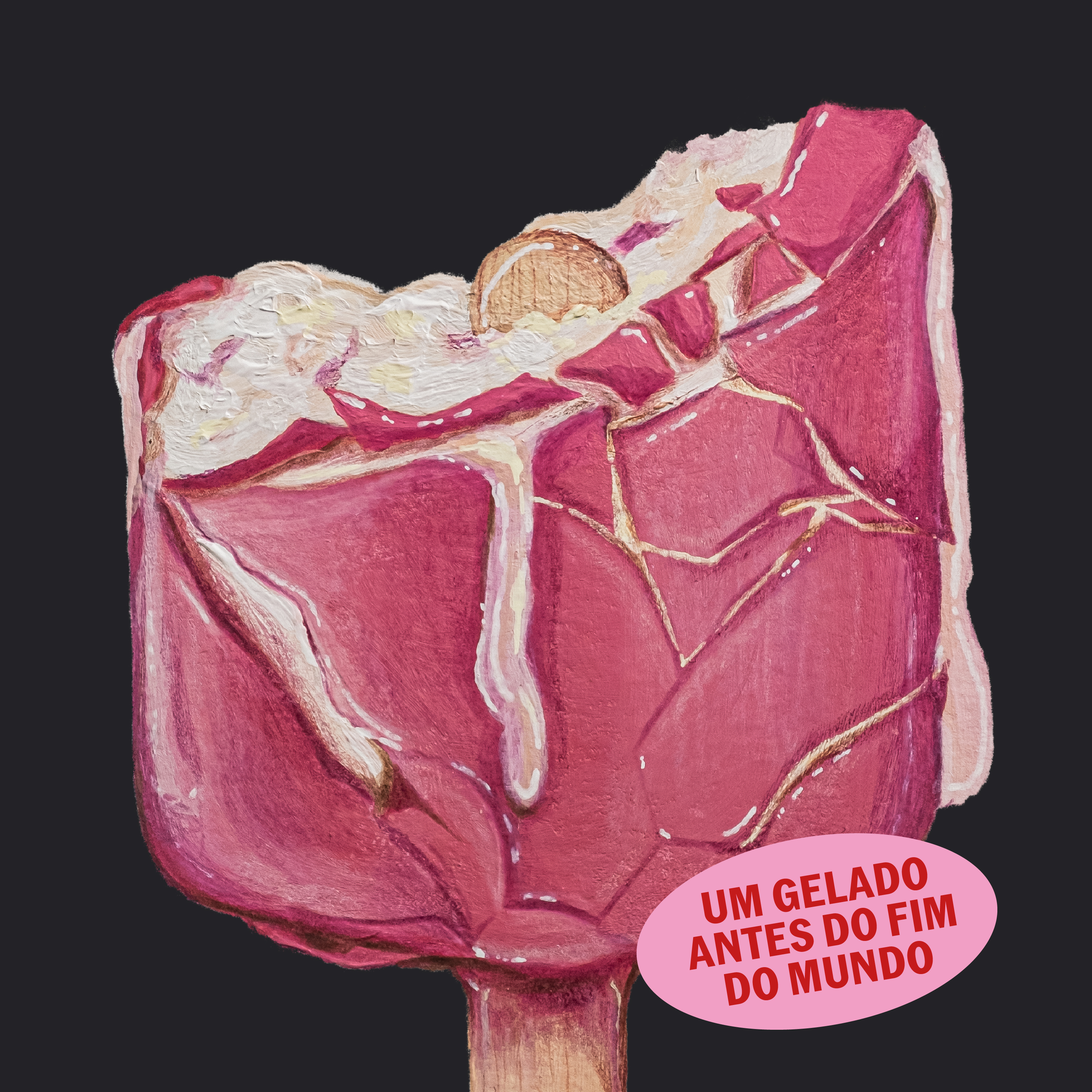 Portugal doesn't export music except Fado and one or two other things, so I have to do other stuff if I want to live as an artist in my country.
Portugal doesn't export music except Fado and one or two other things, so I have to do other stuff if I want to live as an artist in my country.
The snail learns a lesson about housing and privilege.
One of my stories is about a snail that wasn't happy about the weight of his house on his back and was always complaining about the burden. He wanted to flee from home, but he couldn't for obvious reasons.
So he decided to have a holiday, and he sets off on a journey to the beach. On the way, he was feeling very lonely and tried to make conversations with some animals, but everybody's very busy and tired, trying to build a home, a nest or a beehive.
And when he arrives at the beach, he sees that every animal that has his own house in a shell is very happy and relaxed. So, in talking to the desperate animals that were trying to build a home and with the very relaxed ones, he puts his own condition in perspective and sees that the things that we curse in ourselves are often the reason of our privilege.
It's written in a very ironical way with comical dialogues, so although the story is about the notion of self-privilege and about the housing problem we face in Portugal, it's a very joyful book.


